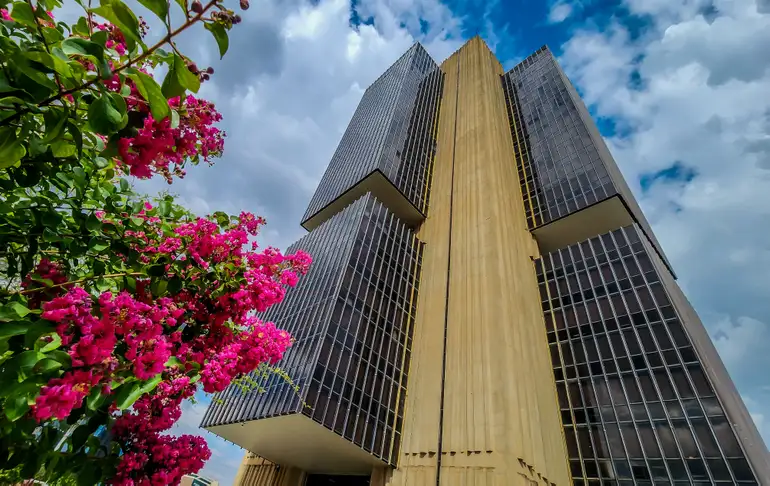Regulatory Sandbox in the Brazilian Payment System: a Logical Next Step
Brazil is not an exception to the huge global growth in the use of electronic payment instruments, such as credit and debit cards. Emerging technologies are not only transforming quickly the way we make payments but are also changing the way this market is regulated. The Central Bank of Brazil (BCB) has been making adjustments to the existing legal framework, for example by exempting the authorization requirement for institutions with small transaction volumes or limited scope. However, new regulatory approaches based on more flexible rules and more suitable for specific entities are expected in the near future.
New entrants often bring new technologies to their products and services and impose challenges on established companies. This movement can force the development of the market in the interests of the consumers. In this context, the BCB could also use a framework to allow live testing of innovations by firms in a controlled environment. This is something common in other parts of the world, such as Australia, England and Singapore. This customized regulatory environment is often referred to as “regulatory sandbox”.
 The proposed regulatory sandbox would work as a controlled environment restricted to entities that received approval for applications submitted to the regulatory authority. An efficient regulatory sandbox focused on entities acting in the Brazilian payments system should provide at least three important tools: (a) tailored authorization process, making it easier for entities to meet regulatory requirements and reducing the cost and time spent before commencement of operations; (b) individual guidance to clarify participants’ doubts and explain how the authority would interpret and enforce some requirements; and (c) waiver to rules considered unduly burdensome on a case-by-case analysis.
The proposed regulatory sandbox would work as a controlled environment restricted to entities that received approval for applications submitted to the regulatory authority. An efficient regulatory sandbox focused on entities acting in the Brazilian payments system should provide at least three important tools: (a) tailored authorization process, making it easier for entities to meet regulatory requirements and reducing the cost and time spent before commencement of operations; (b) individual guidance to clarify participants’ doubts and explain how the authority would interpret and enforce some requirements; and (c) waiver to rules considered unduly burdensome on a case-by-case analysis.
In return, some measures must be taken by the BCB to safeguard customers and better manage the risks involved. First, sandbox firms may be required to test their products only on customers who have given informed consent on potential risks. Second, the BCB may impose a cap on the number or amount of transactions, thus limiting the scale of the tests. Those are tools and safeguards already introduced by the sandbox of the Financial Conduct Authority of the United Kingdom (“FCA”), the first and most known regulatory sandbox for fintechs in the world.
Brazilian Securities and Exchange Commission (“CVM”) has announced its intention to launch a regulatory sandbox for fintechs before the end of 2019. This initiative is supported by a new Provisional Measure of April 2019, which allows CVM to waive legal requirements imposed by the Brazilian Corporations Law for small and medium-sized companies. The objective is to make these companies’ access to the securities market easier.
BCB has already demonstrated willingness to stimulate new entities and technologies in the Brazilian payment system, as well as to calibrate the existing regulatory requirements according to the scope of the activities performed and transaction volume. A logical next step would be the implementation of a regulatory sandbox for players of the Brazilian payment system. Such program should be integrated with CVM’s sandbox, since Brazilian entities may also be subject to CVM’s authority and rules.
At a global level, it is worth to mention the work of the Global Financial Innovation Network (GFIN), which currently comprises 29 organizations committed to supporting financial innovation. GFIN will act as a network of regulators to collaborate and share experience of innovation, as well as provide accessible regulatory contact information for firms and an environment for trial of cross-border solutions, something similar to a “global sandbox”.
Although CVM is already a member of the GFIN, it is not currently involved in the cross-border testing work stream. The BCB could also monitor the work in progress, since alignment with GFIN is a way of benefiting from other authorities’ experience. This is even more important for the payment industry, which is moving towards a system more and more familiarized with cross-border transactions.
Image Credit: Rafa Neddermeyer/Agência Brasil


































